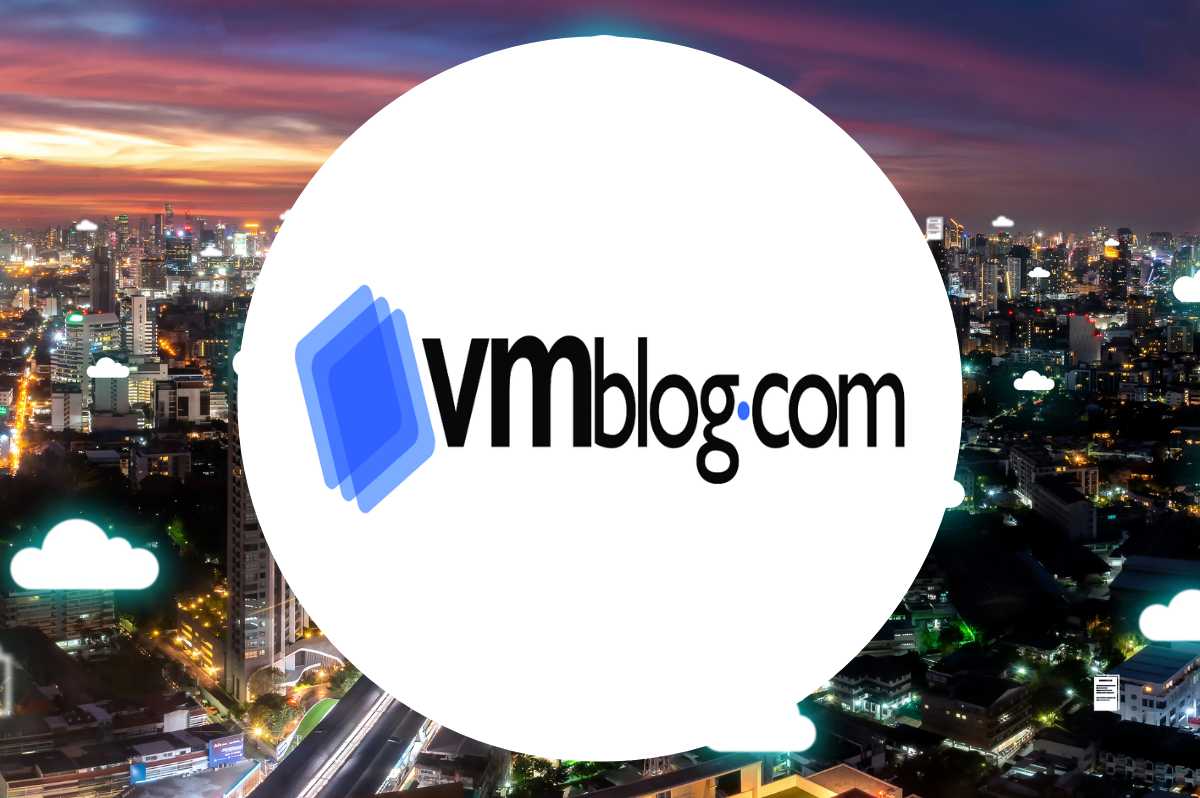This article was originally posted by Cybersecurity Insider.
Multi-Factor Authentication (MFA) has been the darling of the cybersecurity world for years, touted as the ultimate defense against unauthorized access. But as hackers get craftier, MFA is starting to look more like a speed bump than a fortress. It’s time to pull back the curtain on MFA’s shortcomings and explore why it might not be the superhero we once thought. Enter digital certificates—the unsung heroes poised to revolutionize enterprise security.
The Evolving Threat Landscape
MFA relies on a combination of something you know (password), something you have (a mobile device or token), and something you are (biometric data). In theory, this multi-layered approach should significantly reduce the risk of unauthorized access. However, cybercriminals are becoming increasingly sophisticated, employing a variety of tactics to bypass MFA protections.
Common Methods to Bypass MFA
- Phishing and Social Engineering: Attackers often use phishing to trick users into revealing their MFA codes or tokens. By creating fake login pages that mimic legitimate sites, they can capture both passwords and MFA tokens. Social engineering tactics, such as impersonating IT support, also exploit human psychology to obtain MFA credentials.
- SIM Swapping: This method involves taking control of a victim’s mobile phone number by convincing the phone carrier to transfer the number to a new SIM card. Once the attacker has control of the number, they can intercept SMS-based MFA codes, gaining access to the victim’s accounts.
- Man-in-the-Middle (MitM) Attacks: In MitM attacks, cybercriminals intercept the communication between the user and the authentication system. By placing themselves in this middle position, they can capture MFA credentials and use them to gain unauthorized access.
- Malware: Advanced malware can steal MFA tokens directly from a compromised device. Keyloggers, for example, can record keystrokes to capture passwords and OTPs, while other malware might be designed to extract data from authentication apps.
Why MFA is Insufficient for Enterprise Security
While MFA adds a layer of security, it is not infallible. Enterprises face unique challenges that make relying solely on MFA insufficient:
- Scalability Issues: Implementing and managing MFA across a large organization can be complex and resource intensive. Ensuring that all employees are consistently using MFA correctly adds to the burden.
- User Experience: The additional steps required for MFA can frustrate users, leading to potential workarounds or lax security practices. In some cases, users may opt to reuse tokens or bypass MFA when possible.
- Integration Challenges: Integrating MFA with legacy systems and various applications can be difficult. Not all systems are designed to work seamlessly with MFA, leading to potential security gaps.
- Single Point of Failure: If an MFA method is compromised, it can still provide a single point of failure. For instance, if an attacker successfully executes a SIM swap, the entire authentication process is undermined.
The Promise of Digital Certificates
Given the vulnerabilities associated with MFA, enterprises are exploring more robust alternatives. Digital certificates offer a compelling solution, providing a higher level of security for authenticating users to networks and applications.
What Are Digital Certificates?
Digital certificates are electronic credentials issued by a trusted authority, known as a Certificate Authority (CA). These certificates use cryptographic keys to verify the identity of the user or device. The public key infrastructure (PKI) underpinning digital certificates ensures that they cannot be easily forged or tampered with.
Advantages of Digital Certificates
- Enhanced Security: Digital certificates eliminate the need for passwords and OTPs, reducing the attack surface for cybercriminals. The cryptographic nature of certificates makes them significantly harder to compromise compared to traditional MFA methods.
- Strong Authentication: Certificates provide strong, two-way authentication, ensuring that both the user and the server verify each other’s identities. This mutual authentication adds an extra layer of security.
- Scalability: Digital certificates can be deployed and managed at scale, making them suitable for large enterprises. Automated processes for issuing, renewing, and revoking certificates simplify administration.
- User Convenience: Once set up, digital certificates provide a seamless user experience. There is no need to enter additional codes or use external devices, streamlining the authentication process.
Implementing Digital Certificates in Enterprises
To implement digital certificates effectively, enterprises should follow best practices:
- Establish a Robust PKI: A well-designed PKI is critical for managing digital certificates. This includes setting up CAs, defining policies, and ensuring secure storage of cryptographic keys.
- Integration with Existing Systems: Digital certificates should be integrated with existing authentication systems, including single sign-on (SSO) solutions and VPNs. Compatibility with various applications ensures comprehensive security coverage.
- User Training and Awareness: Educating users about the benefits and usage of digital certificates is essential. Clear communication and training programs can help users understand the transition and adhere to security protocols.
- Continuous Monitoring and Auditing: Regular monitoring and auditing of digital certificate usage can detect anomalies and potential security threats. Automated tools can help identify expired or misconfigured certificates.
The Bottom Line: MFA’s Days Are Numbered
While MFA has played a crucial role in enhancing security, its limitations are becoming increasingly apparent. As cyber threats continue to evolve, enterprises must look beyond traditional MFA methods to safeguard their digital assets. Digital certificates offer a robust alternative, providing enhanced security, scalability, and user convenience. By embracing digital certificates, enterprises can strengthen their authentication processes and build a more resilient defense against cyberattacks.
Try Portnox Cloud for Free Today
Gain access to all of Portnox's powerful zero trust access control free capabilities for 30 days!






